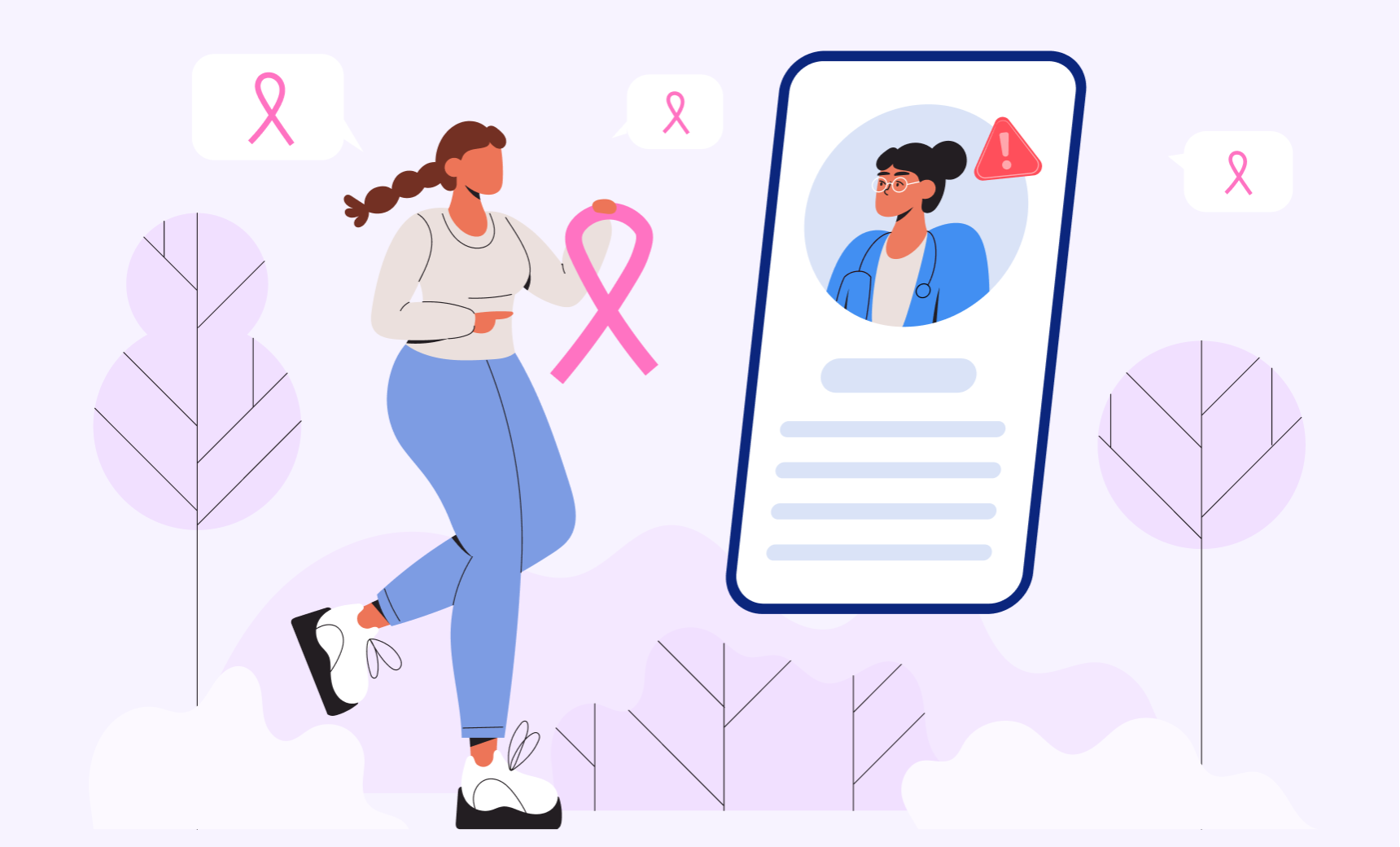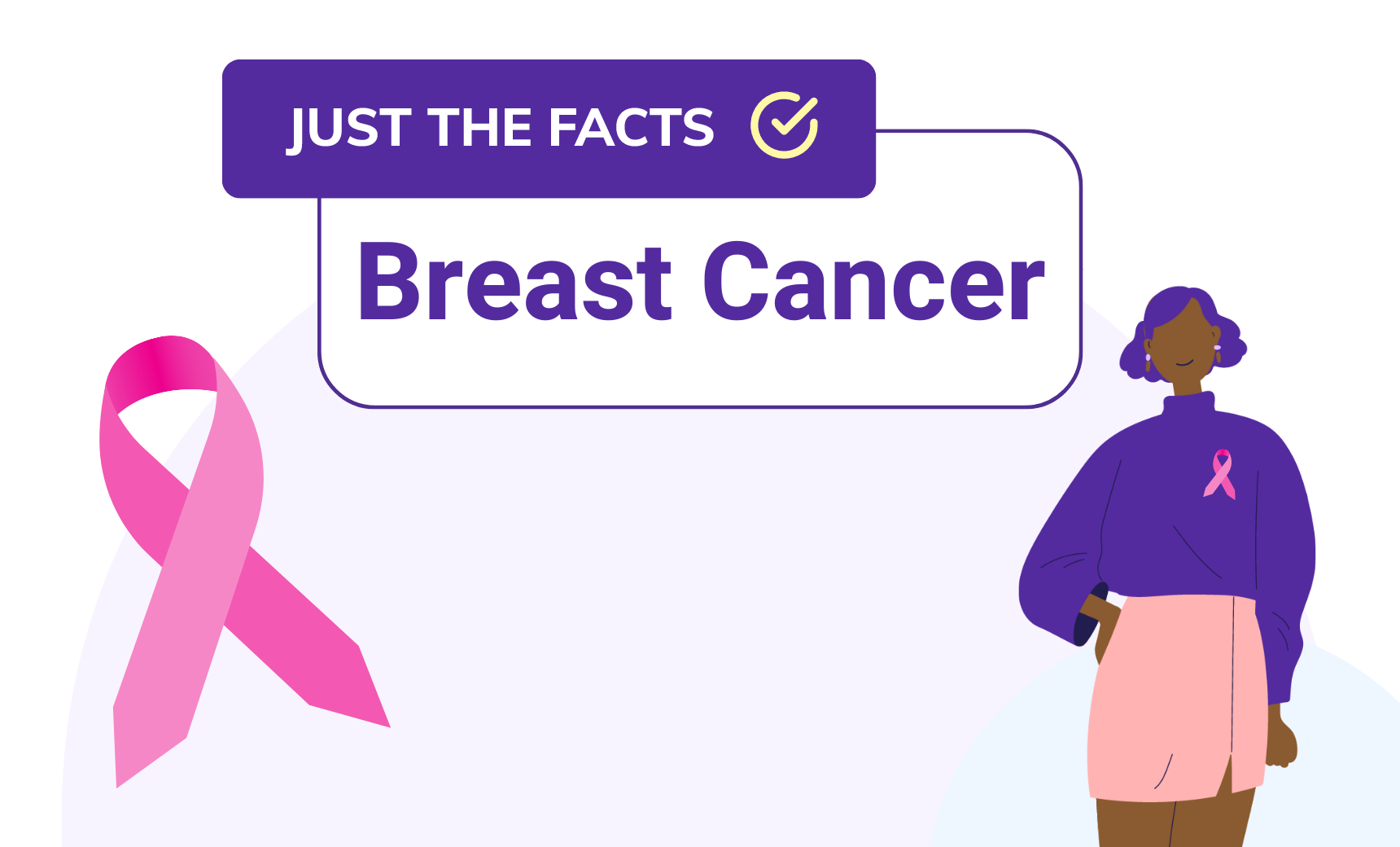
The Importance of Breast Self-Exams and Early Cancer Detection
Everything you need to know about performing breast self-exams and when you should consider getting a mammogram.
Taking care of your breast health is easier than you might think—by doing regular self-exams and knowing when to schedule a mammogram, you can stay on top of any changes and catch potential issues early, giving you peace of mind at every stage of life.
Breast self-exams are not enough.
While regular breast self-exams are part of a healthy routine, you need regular screenings to stay on top of your health. If you detect anything abnormal as part of your self-exam, contact your doctor to see if you need a mammogram.
Who should get a mammogram?
When and how often you should get a mammogram depends on your age and family history.
Ages 29-39:
Routine mammograms aren’t typically recommended for women in this age group unless they are at high risk. If you have a family history of breast cancer or other risk factors, talk to your doctor about starting screenings earlier or using additional screening methods like breast MRI.
Ages 40-44:
Women can choose to begin annual mammograms at this stage. Discuss the pros and cons with your healthcare provider to make an informed decision.
Ages 45-54:
Mammograms are recommended every year for women in this age range.
Ages 55+:
Women can switch to having mammograms every 2 years, or continue with annual screenings, depending on personal preference and health status.
Higher-risk individuals:
For those with a strong family history of breast cancer, specific genetic mutations, or other significant risk factors, screenings may need to start earlier and happen more frequently. Your doctor can help create a personalized screening schedule.
A BRCA gene test is the initial step in assessing your risk of breast cancer if there is a family history of the disease.
Preventative detection saves lives.
When detected early, the 5-year relative survival rate for localized breast cancer is 99%, and regular mammograms are the most effective way to detect breast cancer early. LabFinder makes scheduling your mammogram and receiving your results simple. Book with a local provider, get your results online, and receive physician oversight using our telehealth service, MinuteMed.






LabFinder Editorial Team
The LabFinder Editorial Team is behind The Illuminator and The Insider, LabFinder’s consumer and business blogs.
Dr.Robert Segal
Dr. Segal is CEO and co-founder of LabFinder, as well as a board-certified cardiologist. He began practicing medicine in 2002 and has founded several businesses, including Medical Offices of Manhattan and Manhattan Cardiology.